Harmanpreet Kaur, the Indian women’s cricket team captain, has once again spoken about the importance of mental health. She said that the regular presence of a mental skills coach along with the team allows players to be comfortable in the team environment so that they can ask for a break if they feel mentally fatigued instead of “pushing too hard in such times.”
Her comments come a day after England women’s cricket team all-rounder Nat Sciver pulled out of the series against India in order to focus on her mental health and well-being.
The Indian women’s cricketers are playing a lot of cricket these days. They played a month-long ODI World Cup which ended in early April, before the commencement of the Women’s T20 challenge in the final week of May.
Two months later, they participated in the Commonwealth Games, in which women’s cricket featured for the first time, and India made it to the final to win a silver medal. Four days later, the second season of the Hundred commenced, continuing a busy schedule.
On the eve of the first T20I against England at Chester-le-Street to be played on September 10th, 2022, Harmanpreet said, “We as a team discuss a lot of these things. Your performances go up and down, and it is better to take a break than to push too hard in such times. As a team, we want to help that player, and we are very open about players taking breaks when there is mental fatigue and things do not go as they want. ”
“Last year, I went through these things playing back-to-back cricket. This year, we had the Commonwealth Games and the Hundred [one after the other], but I wanted to take a break. Playing back to back does take a mental toll and it is good to take a break at times [rather than] pushing too hard,” said Harmanpreet.
Dr. Mugdha Bavare was with the team as mental-health conditioning coach when India toured New Zealand immediately before the World Cup this year, and she was someone who immensely benefited Harmanpreet.
“When we were on the New Zealand tour, [Bavare] was our go-to person and helped us a lot,” said Harmanpreet. “I hope in the future we can get her with us because right now we are paying too much attention to our physical fitness and skills. But mental skills are something we need to take seriously.”
“We represent our country, and there is a lot of pressure. Sometimes you can only put so much pressure on yourself because you know your game and ability and what you can do for your country. So sometimes, expecting too much can also pull you back.”
“In such times, if you can go to someone and express yourself and get some ideas about how to go about your own things, it will help you ease out,” she said.
In the first 3 ODIs against New Zealand in the lead-up to the World Cup, Harmanpreet scored 10, 10, and 13. She was dropped for the 4th game before she returned with 63 from 66 balls in the final match to help India win. That innings turned things around for Harmanpreet as she came back in form just after that in the World Cup, where she scored 318 runs at an average of 53 and a strike rate of 91, which was the second most for India.
Earlier this year, speaking about Dr. Mugdha Bavare, Harmanpreet said, “She was there when I was going through a lot of things. She helped me a lot, and my family and friends were talking to me and told me every day what I was and what I could bring to the team. I spent a lot of time with Mugdha and got positive results. I started performing again, getting those runs I really wanted to get for my team.”
“However big a player you are, after a point you need someone—a mental-skill coach—because mental health is as important as your physical fitness and skills. We always need to have someone with us because that is one part that is easily ignored not only in the sports field but even out of the field.”
“If we can go to people who can help us on the mental aspects, things get easier, and you feel relaxed, and you feel you have more areas where you can go and express yourself,” said Harmanpreet.
Recently, Paddy Upton, who had already worked with India as a mental conditioning coach during the 2011 ODI World Cup where India became champions, was brought back into the Indian men’s team set-up in July to help the players take care of their mental health ahead of big tournaments like the Asia Cup and the Men’s T20 World Cup in Australia. However, the facility of having a regular sports psychologist is not yet available for the women’s team.
The Indian women’s team is going to play a three-match T20I series followed by a three-match ODI series against England. Jhulan Goswami, 39, is set to retire from international cricket after the 3rd ODI at Lord’s.
T20I Series
10th September, 1st T20I, Chester-le-Street
13th September, 2nd T20I, Derby
15th September, 3rd T20I, Bristol
ODI Series
18th September, 1st ODI, Hove
21st September, 2nd ODI, Canterbury
24th September, 3rd ODI, Lord’s




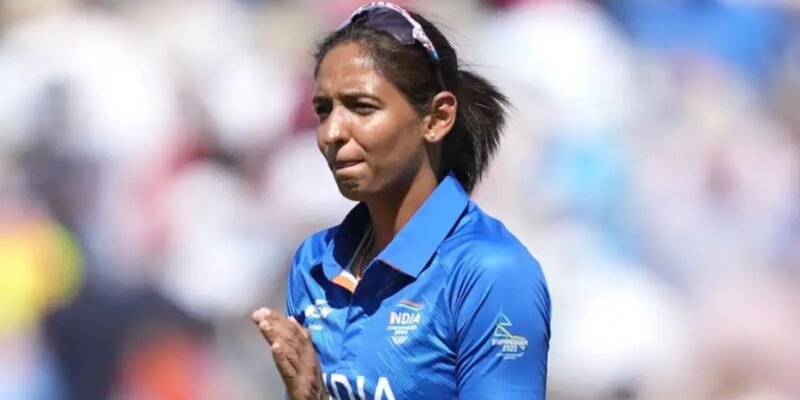
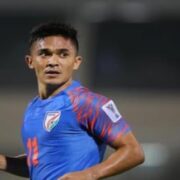





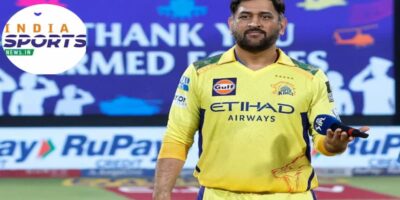

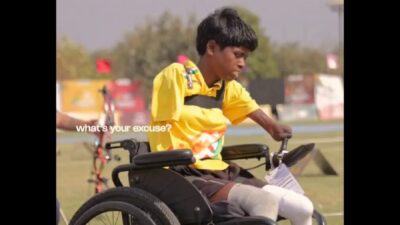

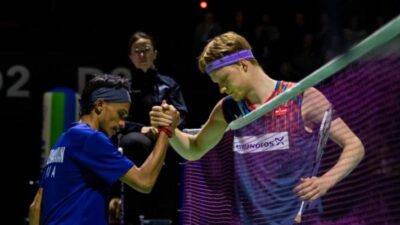


Comments